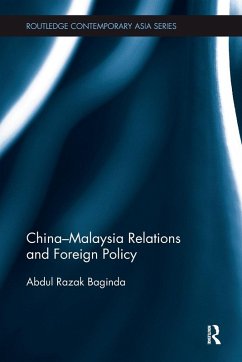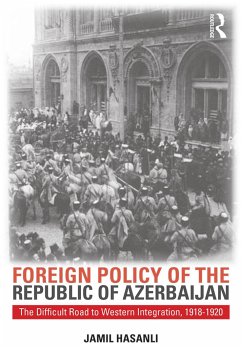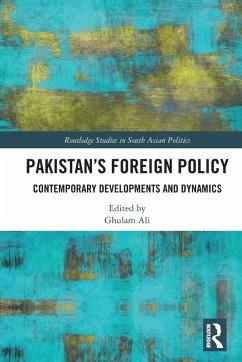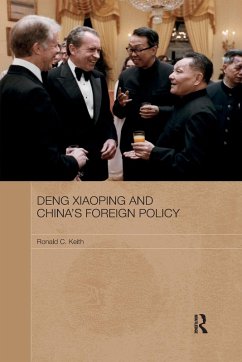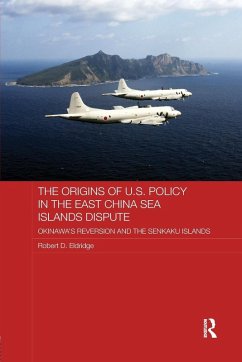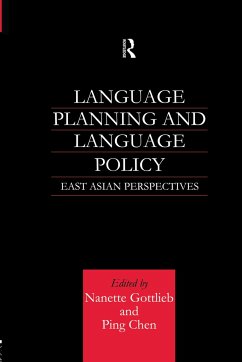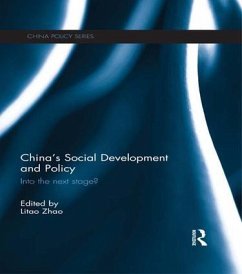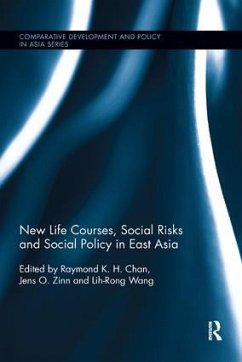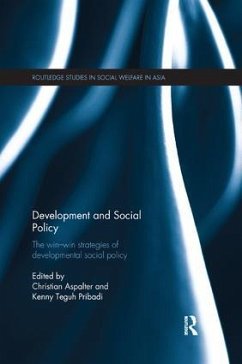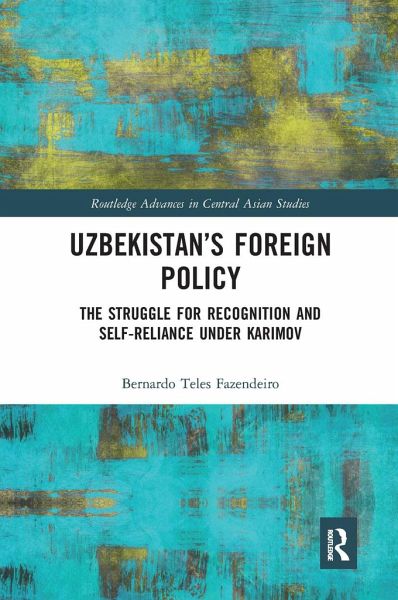
Uzbekistan's Foreign Policy
The Struggle for Recognition and Self-Reliance under Karimov

PAYBACK Punkte
28 °P sammeln!
Uzbekistan's foreign policy from 1991 to 2016, starting from independence right up to the death of its first president, Islam Karimov, is one of the more distinctive approaches to international politics since the end of the Cold War. This distinctiveness rests on the republic's gradual struggle for self-reliance upon becoming independent. Authorities in Uzbekistan, especially its President, were sceptics of the norms that came to prevail across regional and broader international politics. This book addresses the making of Uzbekistan's general foreign policy and its corresponding effects outsid...
Uzbekistan's foreign policy from 1991 to 2016, starting from independence right up to the death of its first president, Islam Karimov, is one of the more distinctive approaches to international politics since the end of the Cold War. This distinctiveness rests on the republic's gradual struggle for self-reliance upon becoming independent. Authorities in Uzbekistan, especially its President, were sceptics of the norms that came to prevail across regional and broader international politics. This book addresses the making of Uzbekistan's general foreign policy and its corresponding effects outside Central Asia, particularly at the highest level, among state officials, heads of state and ministers. It shows how a particular set of promises, slogans and attitudes became the pillars upon which Uzbekistan's international role was shaped, a role which then affected Tashkent's twenty-five year relations with Russia, the United States, Germany and Turkey. The book argues that the Government of Uzbekistan sought to be recognised as a self-reliant power after independence, but that the international norms of the post-Cold War order, coupled with the conflicting aims of the partners with whom it interacted, hindered acknowledgement and contributed to a twenty-year struggle for recognition. Providing a thorough assessment of President Karimov's legacy in the foreign policy domain, this book contributes to the developing field of role theory and recognition in International Relations. It will also be of interest to academics in the fields of Central Asian and Eurasian politics and international relations.






